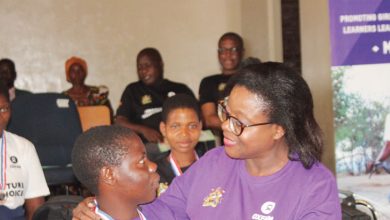Malawi wants action on climate financing
Vice-President Michael Usi has asked Least Developed Countries (LDCs) to strengthen their voice and call for action on climate financing to facilitate restoration of the damaged environment in their countries.
He said this at a ministerial committee of the LDCs climate change group which met from Monday to Wednesday in Lilongwe to strategise ahead of the 29th United Nations Conference of Parties (CoP29) on Climate Change in Azerbaijan.

Said Usi: “We have done enough talking and this is the time to have a stronger voice as LDCs as we go to Azerbaijan to unlock the much needed funding. We need to take stock of what was promised and what we received so that we have facts that should strengthen our case.”
United Nations Development Programme (UNDP) country representative in Malawi Fenella Frost supported the need to unlock financing from the developed countries.
But she said she was also cognizant of the emerging global economic woes that begin to limit wealth transfer from developed countries to LCDs at a very critical time.
Frost, thus, urged countries to strengthen mitigation measures such as putting effective systems in agriculture and ability to rise above climatic shocks in producing enough food.
She said UNDP was committed to supporting the LDCs in strengthening their voice of appeal for tangible climate financing, at least at the level of commitments the major polluters make at the CoP events that are never met.
She said: “The key outcomes expected from the CoP 29 are the deliverables for the LDC group. No one can speak to that more powerfully than the LDCs, but we as UNDP and the entire UN family we stand side by side with the LDCs.”
Climate change has left devastating impact on hundreds of millions of people in the 45 LDCs.
In Malawi, about 5.7 million people are facing food shortage due to low yields resulting from weather-induced shocks while the World Bank estimates that poverty has worsened, trapping over 71 percent of the population this year.




